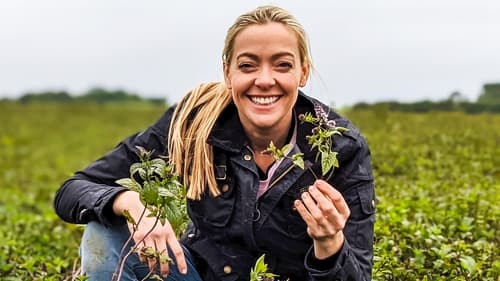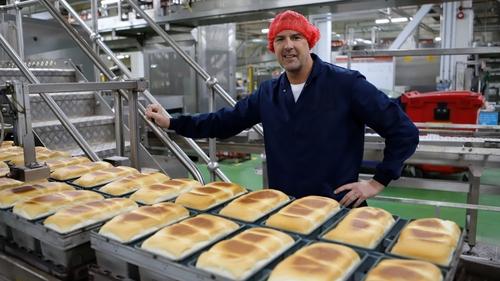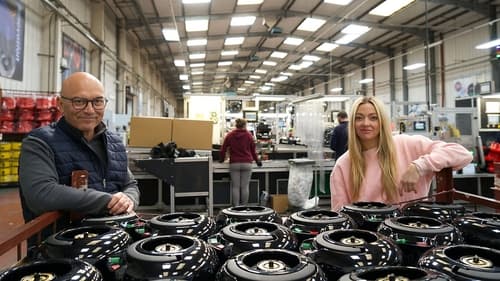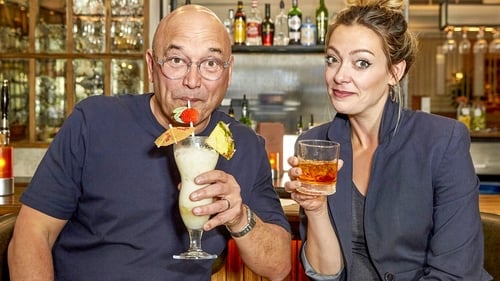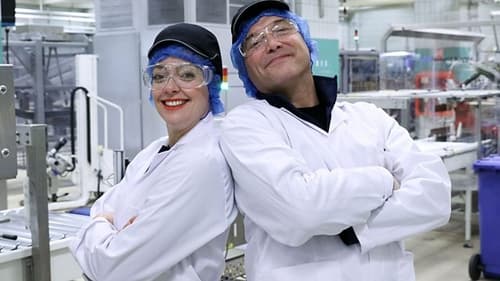 6.7/10(26 votes)
6.7/10(26 votes)#2 - Bicycles
S2:E4Director:Chris ParkinWriter:Unknown0 CommentsBe first to comment!Be the first to share your thoughts
Start!Be the first to comment!Be the first to share your thoughts about this episode
Director:Chris ParkinWriter:Unknown 6.9/10(26 votes)
6.9/10(26 votes)#3 - Shoes
S2:E6Director:Chris ParkinWriter:Unknown0 CommentsBe first to comment!Be the first to share your thoughts
Start!Be the first to comment!Be the first to share your thoughts about this episode
Director:Chris ParkinWriter:Unknown 7.1/10(21 votes)
7.1/10(21 votes)#4 - Diggers
S7:E2Director:Michael ReesWriter:Unknown0 CommentsBe first to comment!Be the first to share your thoughts
Start!Be the first to comment!Be the first to share your thoughts about this episode
Director:Michael ReesWriter:Unknown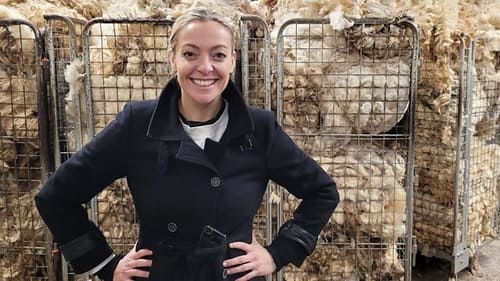 7.2/10(13 votes)
7.2/10(13 votes)#6 - Carpets
S8:E7Director:Duncan ThompsonWriter:Unknown0 CommentsBe first to comment!Be the first to share your thoughts
Start!Be the first to comment!Be the first to share your thoughts about this episode
Director:Duncan ThompsonWriter:Unknown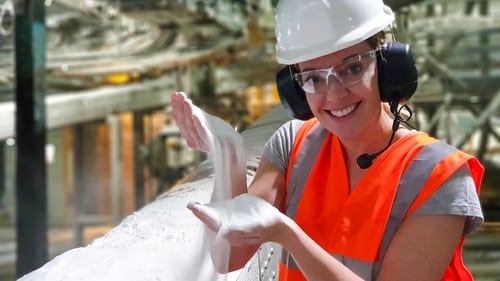 7.3/10(26 votes)
7.3/10(26 votes)#8 - Soup
S5:E7Director:Sam BaileyWriter:Unknown0 CommentsBe first to comment!Be the first to share your thoughts
Start!Be the first to comment!Be the first to share your thoughts about this episode
Director:Sam BaileyWriter:Unknown 7.3/10(22 votes)
7.3/10(22 votes)#9 - Christmas Cards
S7:E1Director:Duncan ThompsonWriter:Unknown0 CommentsBe first to comment!Be the first to share your thoughts
Start!Be the first to comment!Be the first to share your thoughts about this episode
Director:Duncan ThompsonWriter:Unknown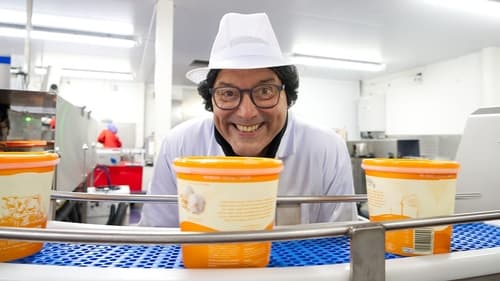 7.4/10(12 votes)
7.4/10(12 votes)#11 - Ice Cream
S7:E8Director:Gavin AhernWriter:Unknown0 CommentsBe first to comment!Be the first to share your thoughts
Start!Be the first to comment!Be the first to share your thoughts about this episode
Director:Gavin AhernWriter:Unknown 7.4/10(12 votes)
7.4/10(12 votes)#12 - Paint and Wallpaper
S8:E10Director:Duncan ThompsonWriter:Unknown0 CommentsBe first to comment!Be the first to share your thoughts
Start!Be the first to comment!Be the first to share your thoughts about this episode
Director:Duncan ThompsonWriter:Unknown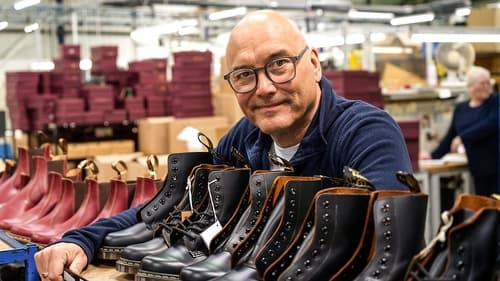 7.5/10(22 votes)
7.5/10(22 votes)#13 - Leather Boots
S7:E5Director:Gavin AhernWriter:Unknown0 CommentsBe first to comment!Be the first to share your thoughts
Start!Be the first to comment!Be the first to share your thoughts about this episode
Director:Gavin AhernWriter:Unknown 7.5/10(18 votes)
7.5/10(18 votes)#14 - Trains
S7:E10Director:Michael ReesWriter:Unknown0 CommentsBe first to comment!Be the first to share your thoughts
Start!Be the first to comment!Be the first to share your thoughts about this episode
Director:Michael ReesWriter:Unknown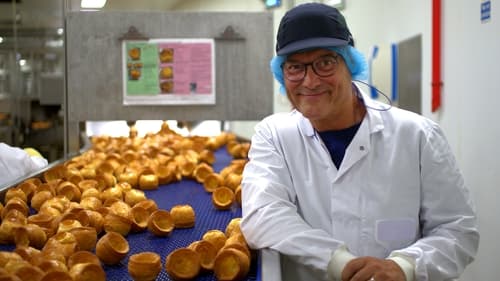 7.5/10(20 votes)
7.5/10(20 votes)#15 - Yorkshire Puddings
S8:E1Director:Duncan ThompsonWriter:Unknown0 CommentsBe first to comment!Be the first to share your thoughts
Start!Be the first to comment!Be the first to share your thoughts about this episode
Director:Duncan ThompsonWriter:Unknown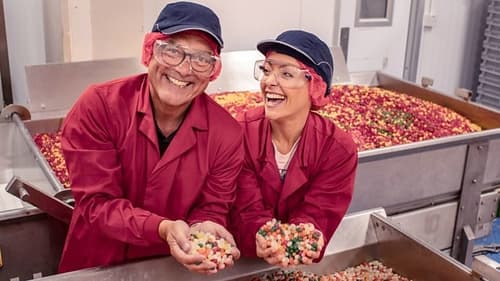 7.5/10(20 votes)
7.5/10(20 votes)#16 - Jelly Beans
S8:E2Director:Duncan ThompsonWriter:Unknown0 CommentsBe first to comment!Be the first to share your thoughts
Start!Be the first to comment!Be the first to share your thoughts about this episode
Director:Duncan ThompsonWriter:Unknown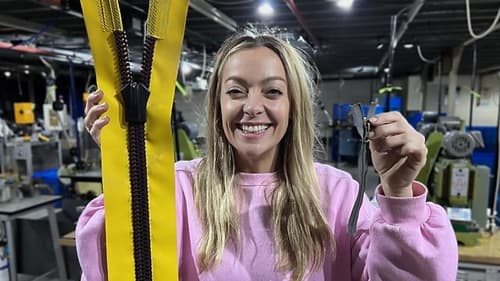 7.5/10(15 votes)
7.5/10(15 votes)#17 - Jeans
S8:E3Director:Duncan ThompsonWriter:Unknown0 CommentsBe first to comment!Be the first to share your thoughts
Start!Be the first to comment!Be the first to share your thoughts about this episode
Director:Duncan ThompsonWriter:Unknown 7.6/10(29 votes)
7.6/10(29 votes)#18 - Baked Beans
S2:E3Director:Chris ParkinWriter:Unknown0 CommentsBe first to comment!Be the first to share your thoughts
Start!Be the first to comment!Be the first to share your thoughts about this episode
Director:Chris ParkinWriter:Unknown 7.6/10(27 votes)
7.6/10(27 votes)#19 - Sweets
S2:E5Director:Chris ParkinWriter:Unknown0 CommentsBe first to comment!Be the first to share your thoughts
Start!Be the first to comment!Be the first to share your thoughts about this episode
Director:Chris ParkinWriter:Unknown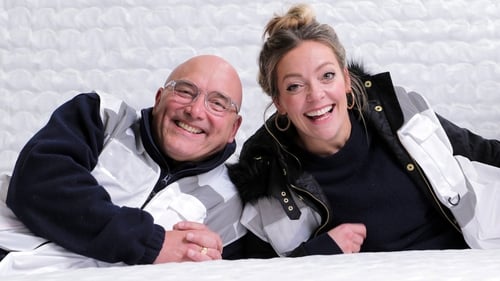 7.6/10(26 votes)
7.6/10(26 votes)#20 - Mattresses
S5:E4Director:Steve BonserWriter:Unknown0 CommentsBe first to comment!Be the first to share your thoughts
Start!Be the first to comment!Be the first to share your thoughts about this episode
Director:Steve BonserWriter:Unknown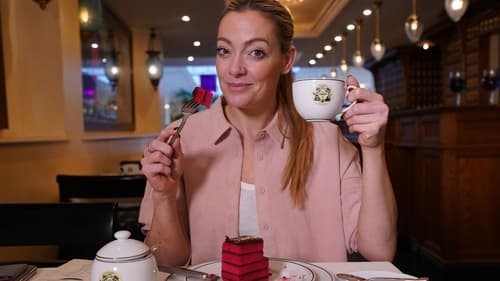 7.6/10(19 votes)
7.6/10(19 votes)#22 - Malt Loaf
S7:E3Director:Matthew SkiltonWriter:Unknown0 CommentsBe first to comment!Be the first to share your thoughts
Start!Be the first to comment!Be the first to share your thoughts about this episode
Director:Matthew SkiltonWriter:Unknown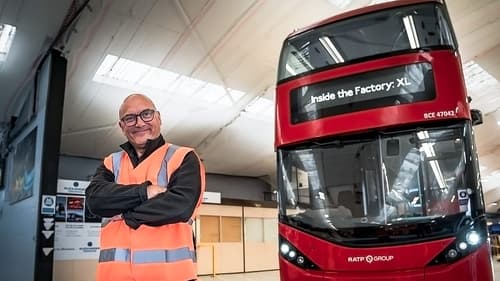 7.6/10(19 votes)
7.6/10(19 votes)#23 - Buses
S7:E11Director:Michael ReesWriter:Unknown0 CommentsBe first to comment!Be the first to share your thoughts
Start!Be the first to comment!Be the first to share your thoughts about this episode
Director:Michael ReesWriter:Unknown 7.6/10(11 votes)
7.6/10(11 votes)#24 - Sofas
S8:E9Director:Duncan ThompsonWriter:Unknown0 CommentsBe first to comment!Be the first to share your thoughts
Start!Be the first to comment!Be the first to share your thoughts about this episode
Director:Duncan ThompsonWriter:Unknown 7.7/10(36 votes)
7.7/10(36 votes)#25 - Crisps
S2:E2Director:Chris ParkinWriter:Unknown0 CommentsBe first to comment!Be the first to share your thoughts
Start!Be the first to comment!Be the first to share your thoughts about this episode
Director:Chris ParkinWriter:Unknown

Documentary

The Worst Episodes of Inside the Factory
Every episode of Inside the Factory ranked from worst to best. Explore the Worst Episodes of Inside the Factory!

The Worst Episodes of Inside the Factory
Documentary
Every episode of Inside the Factory ranked from worst to best. Explore the Worst Episodes of Inside the Factory!
Paddy McGuinness and Cherry Healey get exclusive access to some of the largest factories in Britain to reveal the secrets behind production on an epic...
Seasons10
READ
Worst Episodes Summary
"Mints" is the worst rated episode of "Inside the Factory". It scored /10 based on 0 votes. Directed by Unknown and written by Unknown, it aired on 5/9/2023. This episode scored 6.7 points lower than the second lowest rated, "Bicycles".
